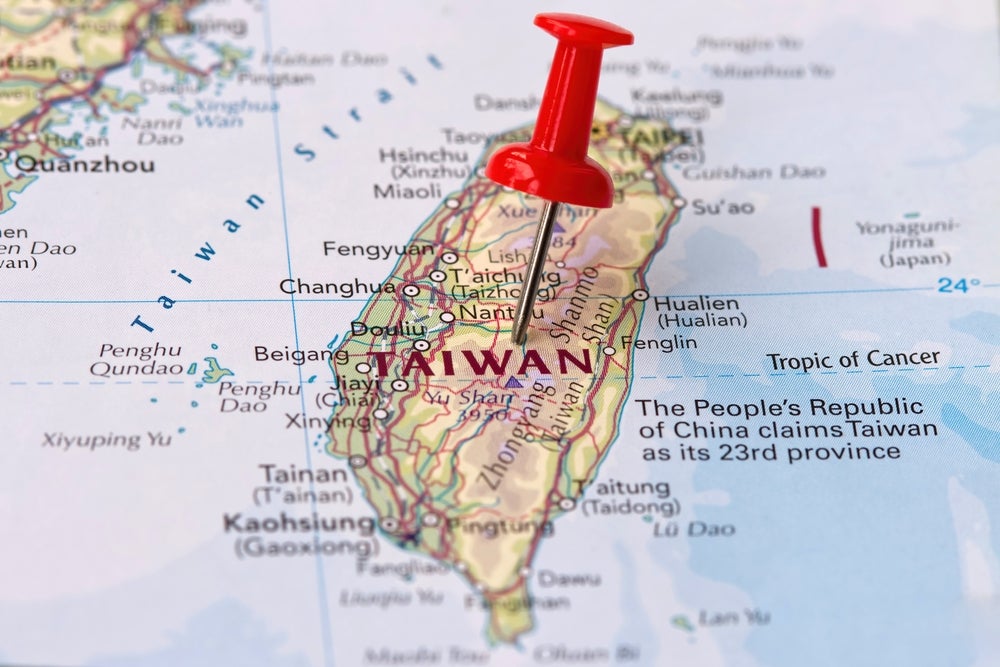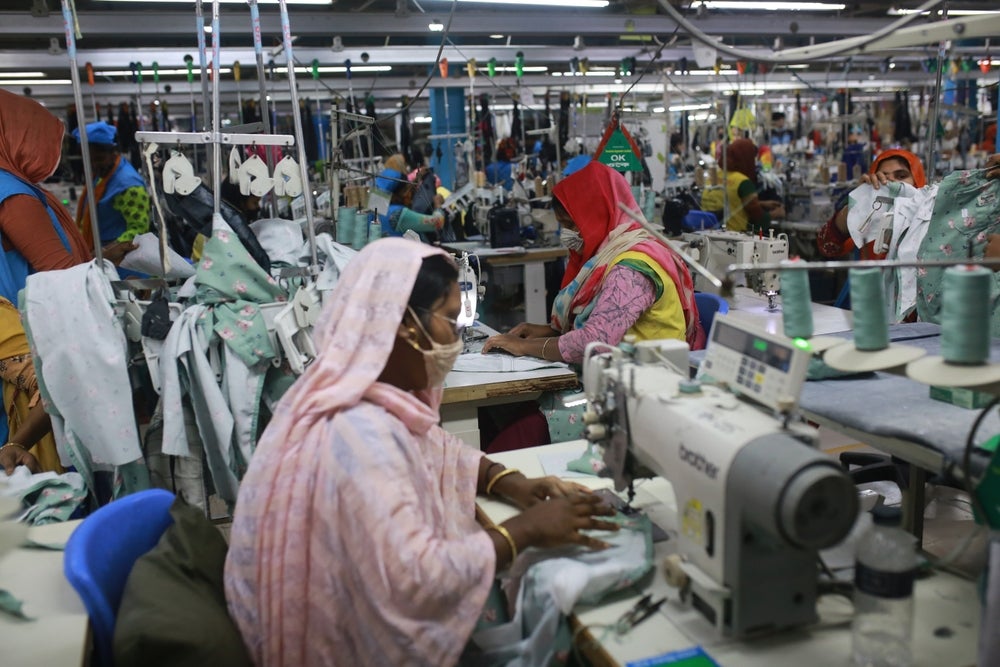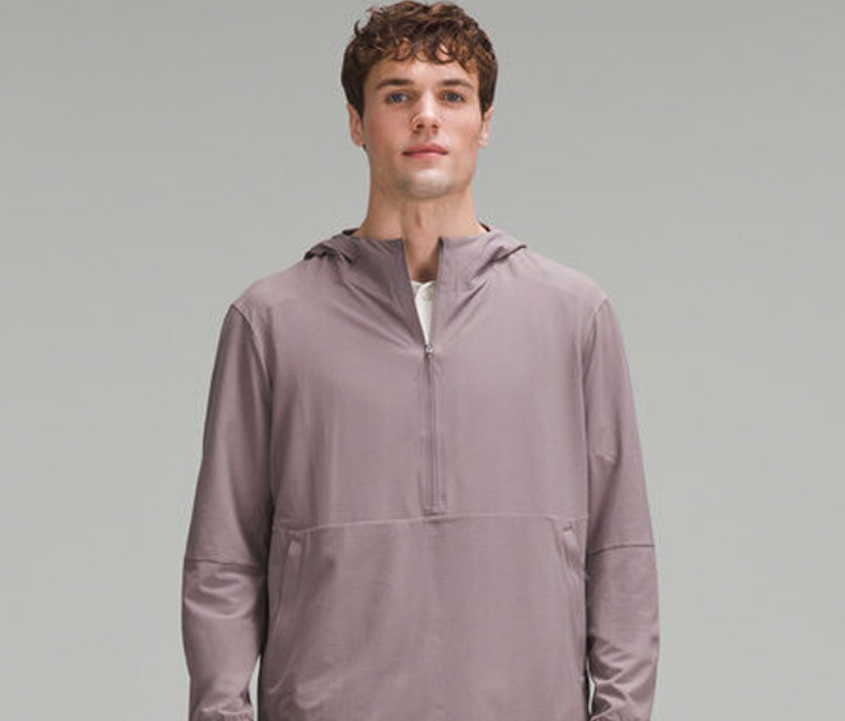This week’s top apparel-related datasets included the rise in labour rights violations in Myanmar, PVH seeing a FY revenue increase but Q4 decrease and fashion brands' slow progress on decarbonisation.
Myanmar sees a 300% increase in labour rights violations in a year
This week Myanmar Labour News reported a 300% increase in labour rights violations in the country between 2022 and 2023.
Myanmar Centre for Responsible Business director Vicky Bowman told Just Style the increasing number of reports which Myanmar Labour News gathers from workers reflects the increasing disturbances to Myanmar’s garment sector.
She stated: “These have a variety of causes: inter alia power shortages, logistics disruptions due to border closures, and the exits of some significant buyers such as Primark, including as a result of boycott campaigns.”
PVH revenue increases in FY despite Q4 drop
PVH Corp, which owns brands, including Tommy Hilfiger and Calvin Klein, reported a 2% increase in its full year (FY) revenues for 2023, while its fourth quarter (Q4) revenue dwindled 1% on the back of continued macroeconomic challenges in Europe.
PVH’s CEO Stefan Larsson claimed the company delivered strong results in both FY 2023 and Q4, generating high single-digit direct-to-consumer growth.
GlobalData’s senior apparel analyst Pippa Stephens said PVH’s performance in FY 23 was “likely due to poor consumer confidence in its key markets driving the desirability of its core brands to wane once more”.
40% of fashion brands not meeting decarbonisation targets
Two fifths (40%) of fashion brands have seen their emissions output increase since making their commitments to decarbonise, according to an analysis by research company McKinsey & Co.
The report added: “Our analysis has found that two in five brands have seen their emissions intensity increase. Only 37% are on track to reach their 2030 decarbonisation goals, assuming they continue to reduce their emissions intensity at their current pace. The remaining 63% of brands in our analysis will need to accelerate their abatement action if they are to reach their 2030 targets.”
Challenging Q1 for Levi Strauss
US clothing brand Levi Strauss & Co. (Levi) saw net revenues decline from $1.689bn in 2023 to $1.56bn in 2024, 8% lower on both a reported and constant-currency basis. Levi said this was primarily due to a shift in wholesale shipments from Q2 to Q1 2023 caused by its ERP implementation in the US.
Levi said the change negatively impacted Q1 2024 by approximately $100m or 6% of net revenue compared to Q1 2023.
GlobalData’s retail analyst Pippa Stephens told Just Style Levi's Q1 results were “disappointing”.
She added: “Even though this decline was caused by the shift of wholesale shipments from Q2 to Q1 in 2023, the discontinuation of its Denizen brand and its exit from Russia, without these impacts, sales still would have been flat versus the prior year, highlighting how it is struggling to encourage sales amid the tough economic climate.”
VF Corporation announces plans to expand
US apparel conglomerate VF Corporation has partnered with global retail conglomerate GMG to set up over 300 stores for its brands in the Middle East and North Africa and South East Asia over the next five years.
The expansion in the MENA region will focus predominantly on the United Arab Emirates (UAE) and the Kingdom of Saudi Arabia (KSA).
VF Corp is also set to expand its presence in North Africa with a focus on Egypt and its The North Face brand entering the North African market for the first time.
















